Picture this: You’re scrolling through property listings and suddenly realize the real estate landscape has completely transformed. Gone are the days of traditional home buying and selling as we knew it.
If you’re considering dipping your toes into the real estate market this year, you probably feel excitement and uncertainty.
And honestly? That’s normal.
The market has taken some fascinating turns lately, and whether you’re a first-time homebuyer, a seasoned investor, or looking to sell your property, there’s a lot to wrap your head around.
Here’s the thing: 2025 isn’t just another year in real estate—it’s shaping up to be a pivotal moment that will redefine the rules of property transactions.
From mind-bending technological advances to surprising shifts in buyer preferences, the changes we see are revolutionary.
Let’s explore top real estate market trends, and what they mean for your property journey in 2025.
1. Housing Prices: Will They Go Up or Down?
One of the biggest questions for buyers and sellers is about home prices. In 2025, experts predict prices will remain steady in most parts of Canada.
However, demand is still high in big cities like Toronto and Vancouver, which may push prices up. Prices might level off or drop slightly in smaller towns and rural areas.
- What this means for buyers: If you want to buy, consider smaller cities or suburban areas for more affordable options.
- What this means for sellers: If you’re in a high-demand area, it could be a great time to sell and get a reasonable price.
2. Mortgage Rates and Affordability
Interest rates play a huge role in real estate. In 2025, mortgage rates are expected to stay moderate. The Bank of Canada is carefully adjusting rates to keep the market stable.
- For buyers: Lower mortgage rates mean lower monthly payments, making homeownership more affordable.
- For sellers: With more buyers able to afford homes, you might sell your property faster.
3. The Rise of Smart Homes
Technology is changing the way we live. More homebuyers seek innovative features like automated lighting, security systems, and energy-efficient appliances. A smart home is not just convenient; it can also save money on utility bills.
- Tip for sellers: Upgrading your home with innovative features can attract more buyers and increase your home’s value.
- Tip for buyers: Look for homes with innovative technology to save on energy costs in the long run.
4. More People Moving to Suburbs and Smaller Cities
Many people are looking for quieter, more affordable places to live. Suburban areas and smaller cities are becoming popular, especially for families and remote workers.
These areas offer bigger homes at lower prices compared to big cities.
- For buyers: You can get more space and a better quality of life by looking outside major cities.
- For sellers: If you’re in a suburban area, expect more interest from buyers looking for space and affordability.
5. The Rental Market Is Booming
Not everyone is ready to buy a home. With high home prices, more people are choosing to rent instead. This is excellent news for real estate investors and homeowners wanting to rent their properties.
- For buyers: If buying a home seems out of reach, renting could be a wise choice while you save for a future purchase.
- For sellers: If you’re not in a rush to sell, renting out your home can be a good way to earn income.
6. Costs of Buying a Home
Buying a home isn’t just about the price tag. Extra costs include legal fees, home inspections, and property taxes.
Many first-time buyers forget about these expenses and end up surprised. Make sure to plan for these costs so you’re financially prepared. Learn more about the hidden costs of buying a home.
7. Sustainable and Green Homes Are in Demand
More buyers are looking for eco-friendly homes. Energy-efficient windows, solar panels, and green building materials are becoming popular. These features help lower electricity bills and are better for the environment.
- For sellers: Making minor green upgrades can make your home more attractive to buyers.
- For buyers: Investing in an energy-efficient home can save you money in the long run.
8. Government Policies and Incentives
The Canadian government is constantly introducing new policies to help buyers and sellers.
In 2025, there will be tax incentives for first-time buyers and grants for home renovations.
- For buyers: Check if you qualify for tax credits or down payment assistance programs.
- For sellers: Look into renovation grants to help upgrade your home before selling.
Final Thoughts
The real estate market 2025 is full of opportunities for buyers and sellers. Whether you’re looking for an affordable home, a smart home investment, or a rental property, staying informed on the latest real estate market trends can help you make better decisions
.
If you’re planning to buy a home in Canada, be sure to factor in all the costs and explore different areas. If you’re selling, consider making smart and green upgrades to attract more buyers.
The market constantly changes, but you can make the best move in 2025 with the proper knowledge!






